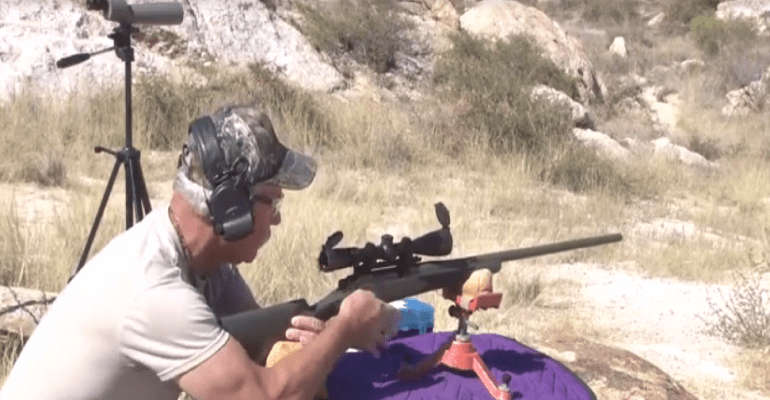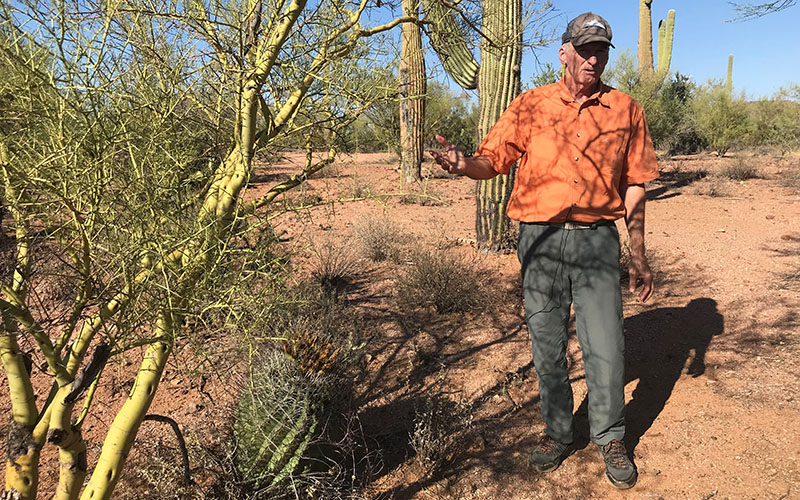
TUCSON — Target shooting, hunting and fishing could be expanded on public lands under a federal proposaldrawing attention in Arizona.
United States Secretary of the Interior Ryan Zinke directed land managers to come up with a plan to expand recreational shooting in areas like Ironwood Forest National Monument in Tucson. Sitting at 129,000 acres, the monument is open to the public for hunting, fishing, camping, horseback riding and sightseeing. It is currently not open for target shooting.
The monument receives visitors daily in the form of bird watchers, students on field trips and environmentalists exploring the native vegetation.
Supporters say it could mean more hunting and fishing opportunities on federal land. Opponents think it risks people’s safety and could trash some of nature’s most pristine areas.
The potential is huge for Arizona. The federal government owns more than 38 percent of land in the state, or more than 28 million acres, according to Ballotpedia.
The Bureau of Land Management, U.S. Fish and Wildlife Service, and National Park Service are among the agencies charged with coming up with a plan.
Five Arizona residents who hunt or target shoot discussed the proposed expansion and shared their stories.
Jensen Thelander has been hunting since he was 10 years old, when his father gave him his first gun.
“It’s second nature,” Thelander said. The 21-year-old hunts a range of game, including coyotes, quail and elk. “There’s no better way to get close with nature and be a part of nature than being outdoors hunting.”
He supports shooting, hunting and fishing on public lands, but said he has experienced difficulty getting access to some of public lands bordered by private property. Thelander said unless a hunter knows the landowner it is difficult to get through the property or go around it to reach public land.

